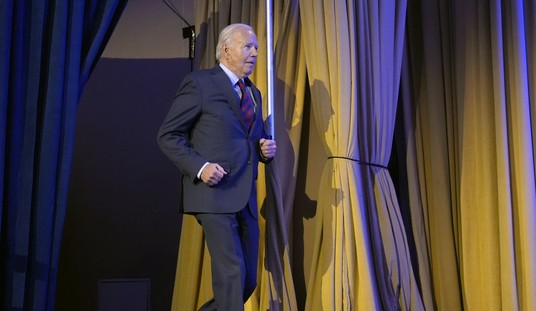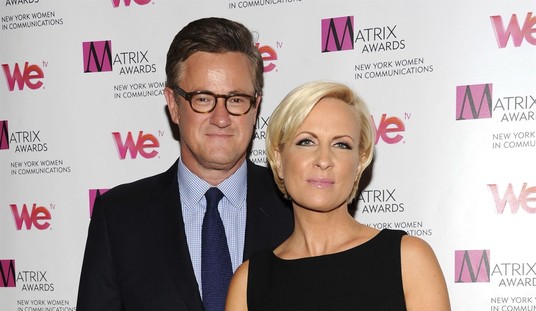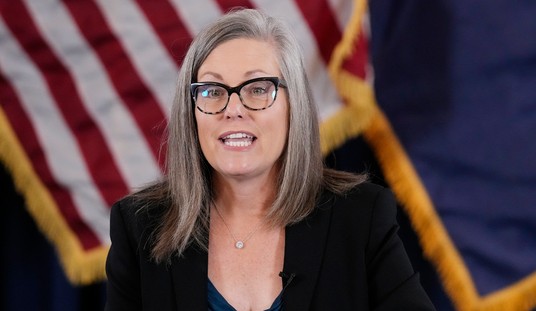While everyone in politics is focused on the horse race of presidential politics, we must not abjure our responsibility to assert conservative control over Congress. Regardless of who wins the presidential election, we must create a conservative firewall in Congress, particularly in the House.
How do we remake the House as a conservative firewall against big government? Even if we elect more conservatives, history has shown that they rarely set the agenda outside of leadership. We could focus on lofty goals, such as replacing the current leaders or even installing new committee chairman. Sadly, those goals are largely out of reach. There is one realistic way we can assert control over the legislative process, though. That is by pushing our best members onto the most consequential committees.
In terms of steering conservatives into committee chairmanships, we have an uphill climb. The only significant opportunity will open up at the Budget Committee, if Paul Ryan becomes Vice President. At that point, we will have an opportunity to push for Rep. Scott Garrett, the vice chairman, to grab the gavel of the committee. However, a more realistic yet important goal would be to install conservatives as regular members on the ‘Super-A’ committees.
By far, the three most consequential committees with jurisdiction over domestic policy are Ways and Means, Appropriations, and Energy & Commerce. Not surprisingly, those are the worst performing committees from a conservative perspective. Take a look at a numbers on legislative scorecards from conservative organizations:
|
Committee |
Heritage Action |
Club for Growth |
Freedom Works |
Madison Project |
| Appropriations |
62.31 |
58 |
62 |
-23.95 |
| Energy & Commerce |
65.4 |
67.93 |
70.43 |
-16.58 |
| Ways & Means |
66.23 |
65.55 |
68.45 |
-15.45 |
| T & I |
66.58 |
67.55 |
68.70 |
-13.59 |
| Ed & Workforce |
67.57 |
68.17 |
68.83 |
-13.59 |
| Armed Services |
69.31 |
69.49 |
71.29 |
-12.92 |
| Agriculture |
70.54 |
71.31 |
72.12 |
-12.23 |
| Financial Services |
69.45 |
70.06 |
72.88 |
-10.33 |
| Natural Resources |
73.19 |
76.46 |
77.27 |
-9.65 |
| Homeland Security |
70.17 |
70.28 |
71.28 |
-9.58 |
| Science & Tech |
73.23 |
76.05 |
75.68 |
-9.23 |
| Foreign Affairs |
71.38 |
73.75 |
73.63 |
-7.88 |
| Veterans Affairs |
75.85 |
78.31 |
78.31 |
-5.5 |
| Judiciary |
77.32 |
81.81 |
80.14 |
-4.7 |
| Budget |
78.91 |
83.18 |
82.86 |
-3.3 |
| Small Business |
72.53 |
73.93 |
73.67 |
-2.97 |
| Oversight & Gov Reform |
78.39 |
81.96 |
79.96 |
-2 |
It’s no coincidence that the 3 most important committees have, on average, the worst members.
This must change. We will never cut spending without conservatives on Appropriations. We will never implement a pro-growth flat tax without conservatives on Ways and Means. We will never restore the free market and implement a proper replacement of Obamacare without conservatives on E&C.
At present, there are at least a dozen potential vacancies on those three committees:
Ways & Means: Reps Herger, Davis, and Berg (and possibly Ryan).
Energy & Commerce: Reps. Myrick, Sullivan and Stearns. Rep. Bass is also in a very difficult re-election battle and could lose his seat.
Appropriations: Reps Lewis, LaTourette, Rehberg, Flake, and Austria.
How do we utilize these opportunities? It’s really a two-step process.
First, we must encourage our conservative representatives to vie for these critical slots. We must raise the profile of those members who have exhibited an intrepid free market view along with the requisite knowledge to articulate those policies.
Second, we must pack the Steering Committee – the 34-member body that is responsible for choosing the committee assignments – with members who are friendly to our cause.
In past years, conservatives have totally ignored the importance of structurally changing the House by electing conservatives to the Steering Committee and focusing on the membership of Super-A Committees. This has allowed leadership to fill these positions with those who are sympathetic to their agenda.
Take a look at the current membership of the Steering Committee, and you will easily understand the uphill battle we face. To begin with, all 10-11 members of the leadership team are permanent members of the Steering Committee. Moreover, the Speaker gets 4 votes and the Majority Leader gets 2. Additionally, 6 more seats are allocated to the chairmen of major committees.
However, we have a chance to insert our guys into the system by pressuring the Republican Conference to fill the regional seats with conservatives. The remaining seats are divvied up by region, with the members from those jurisdictions selecting a representative to the committee. There are also several seats given to representatives of the freshmen class. This is where we must make our stand.
Big government Republicans are already jockeying for these positions behind the scenes. If members of leadership don’t hear from us they will have no incentive to change their ways. They must know that there will be hell to be paid if our guys are rebuffed.
With the laser-like focus on the presidential election, it’s easy to overlook the importance of these conference meetings and elections that will take place in November. However, it is our commitment to keep conservatives abreast with the latest developments regarding committee assignments. Whenever there are specific decisions to be made, we will make that information public.
It’s time to shed some light on the power structure of the House from the outside and bring conservative change from within.
Cross-posted from The Madison Project














Join the conversation as a VIP Member